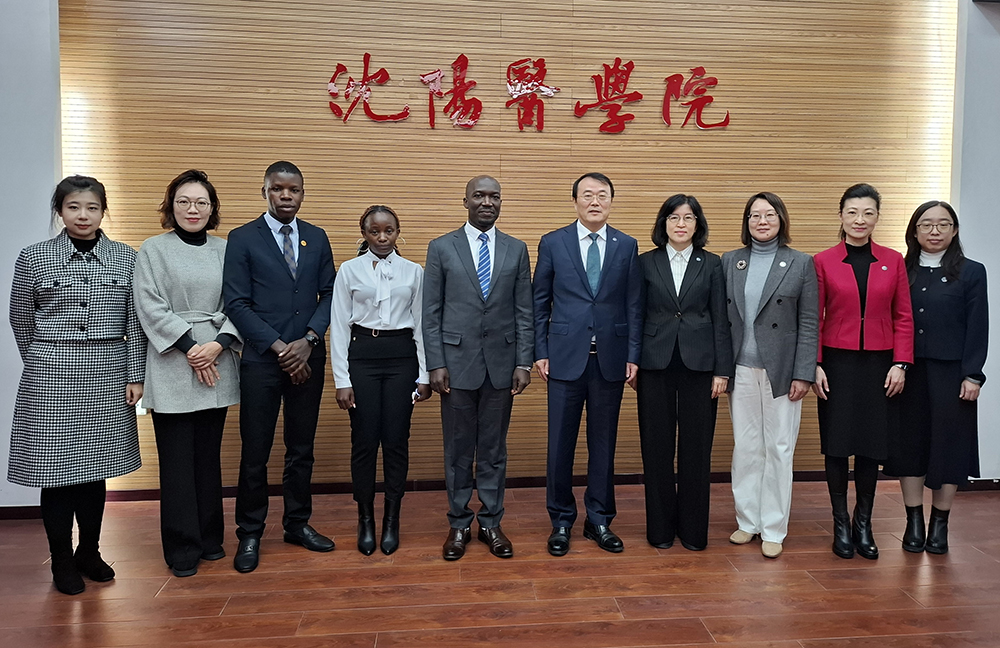Eastern Africa Power Pool Council Approves Landmark Joint Electricity Trade Plan

In a landmark move towards regional energy collaboration, over 11 energy ministers from the Eastern Africa Power Pool Council have given their approval to a draft plan for joint electricity trade. This plan envisages a framework under which regional countries would engage in electricity trade at reduced tariffs, thereby fostering greater energy interdependence and sustainability. The approval was secured during a recent council meeting held in Kampala, hosted by Uganda.
The Eastern Africa Power Pool Council is a conglomeration of 11 countries, namely Burundi, Djibouti, DR Congo, Rwanda, Egypt, Ethiopia, Kenya, Sudan, Tanzania, Uganda, and Libya. Established with the primary objective of enhancing regional power trade and access to affordable, reliable, and sustainable electricity, the council’s general secretariat is located in Addis Ababa, Ethiopia.
The council’s mandate involves the coordination of the development and functioning of the power pool. It aims to construct a robust regional power market, which would enable member nations to trade electricity among each other. This would in turn lead to increased access to affordable, reliable, and sustainable energy.
Uganda’s energy minister, Ruth Nankabirwa, who chaired the meeting, shared details of the approved draft bilateral trade framework agreement. In addition, an amended Inter-Government Memorandum of Understanding (MoU) and the Inter-utility MoU were also approved.
Minister Nankabirwa emphasized that member states are pushing for their power systems to be interconnected, with a priority given to developing interconnection lines. This interconnectivity is expected to allow for a smoother and more efficient electricity trade across borders.
The Eastern Africa Power Pool’s move to establish a regional power market will potentially provide member countries with opportunities to further develop their energy resources. It would also allow nations with surplus power to export their excess to neighbouring countries. This system would thereby ensure a more equitable and efficient distribution of energy resources, leading to an overall enhancement of regional energy security.
In conclusion, this move by the Eastern Africa Power Pool Council is a significant step towards regional energy cooperation. It holds the potential to transform the energy landscape of Eastern Africa, paving the way for a more interconnected, sustainable, and resilient regional power grid.







